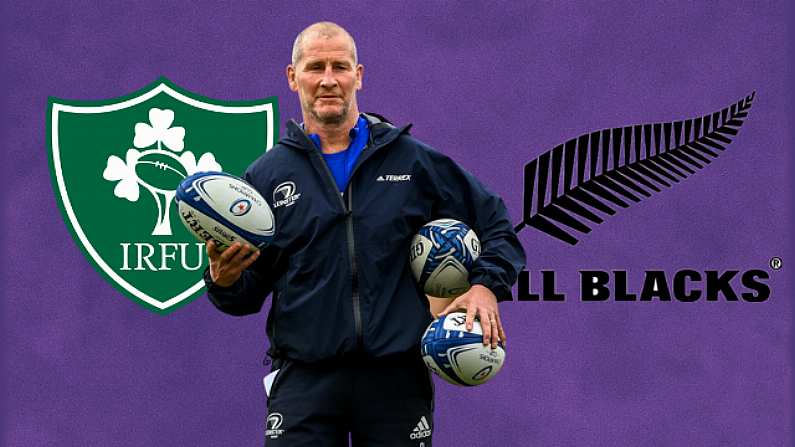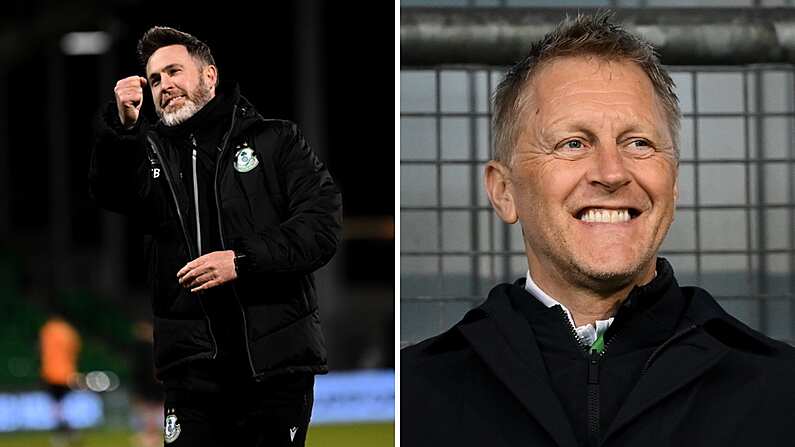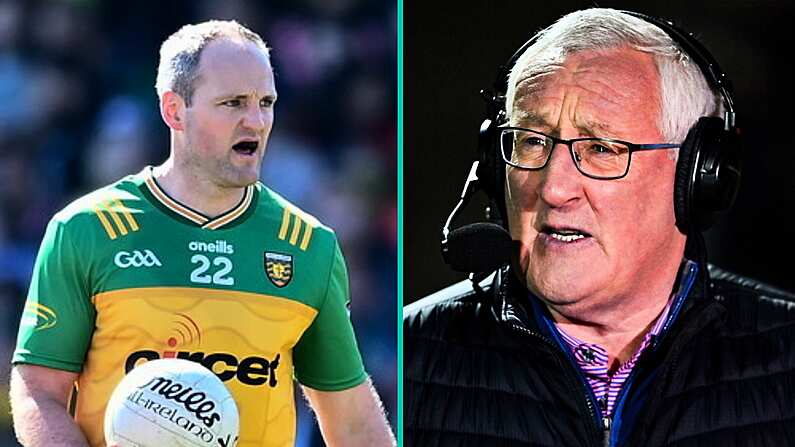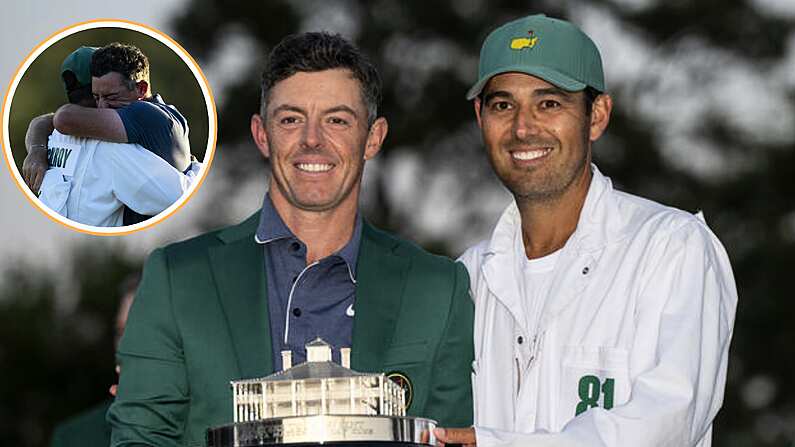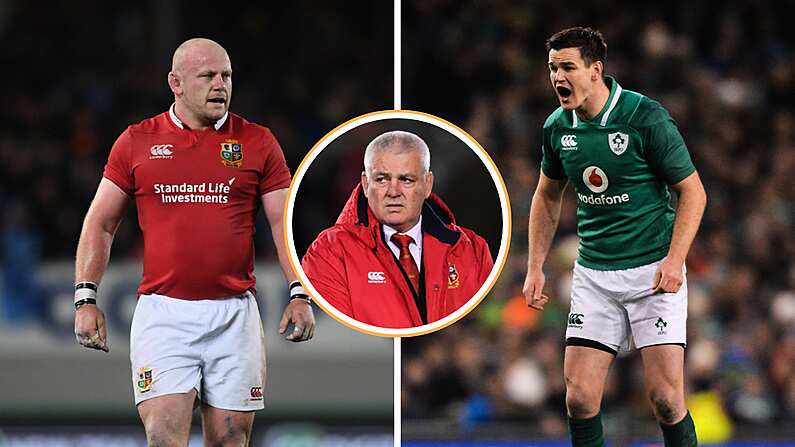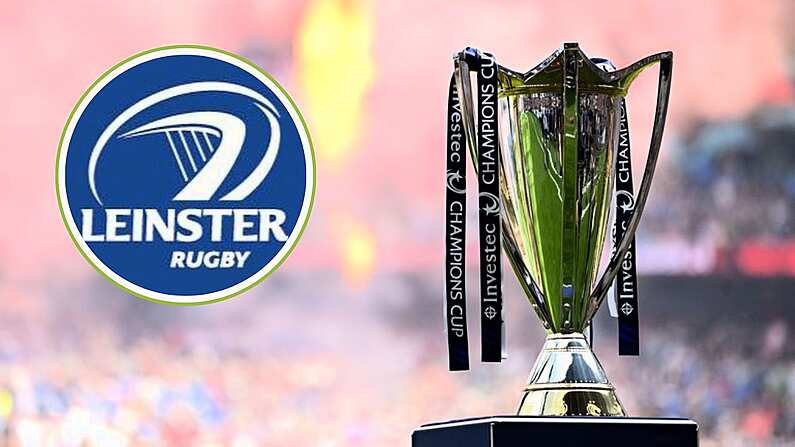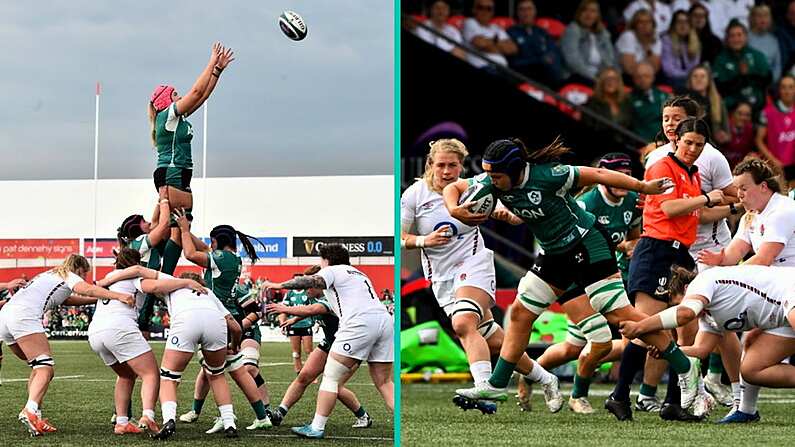Stuart Lancaster was his usual insightful self, speaking with Chris Jones on the BBC Rugby Podcast.
One of the great minds in professional and Irish rugby, Lancaster gave a fascinating perspective on his mentality of constant improvement, and on what makes a successful coaching group at both club and national level.
He swears by a system of being “checked and challenged” from an outside view after a loss. He wants his side’s tactics, defensively and in attack, to be questioned so that they can adapt, change, and eventually improve.
'Everyone who is involved in New Zealand is from New Zealand'
“Diversity, diversity of opinion, diversity of experience,” is crucial in Lancaster’s ideal environment, and he references it when comparing the similarities and differences between the professional set-ups in Ireland and New Zealand.
“So I was on a podcast in New Zealand called Talking Performance and they were asking after Ireland beat New Zealand in November, and France beat New Zealand, my observations from the outside.
“And I said there’s a lot of similarities between the Irish system and the New Zealand system. You’ve got a small number of provincial teams, you’ve got a strong level of the playing group coming from one particular team, Crusaders or Leinster, you’ve a very experienced national coaching team who are all on the same page, you’ve got relationships between Super Rugby teams and the national team etc etc etc.”
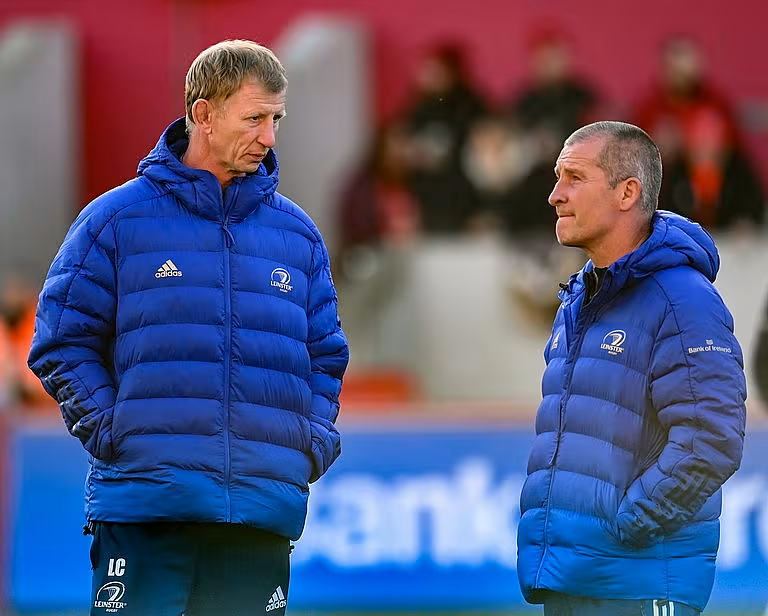
Leo Cullen and Stuart Lancaster: The best coaching duo in Irish rugby.
Despite these likenesses, Lancaster highlights the area of diversity as something that New Zealand rugby could improve on.
However, one of the things I said, and it was back to the point about the check and challenge piece, who from outside New Zealand would come in and check and challenge why you defend the way you defend, or why you’re attacking the way you attack. Because everyone who is involved in New Zealand is from New Zealand.
So you get this sort of groupthink, recycling the same ideas. Now Ronan O’Gara went in there to the Crusaders and broke the mould, but I don’t think there’s many out there who’ve done that.
He went on to reference the diversity of the Leinster set-up with himself from England, and the vastly experienced Robyn McBride and Felipe Contepomi, from Wales and Argentina respectively. He also mentioned the likes of Jerry Flannery plying his trade overseas with Harlequins.
While many wouldn’t have the confidence to question the structures of the most successful rugby country of all time, Lancaster has the respect and resume to be taken very seriously.


